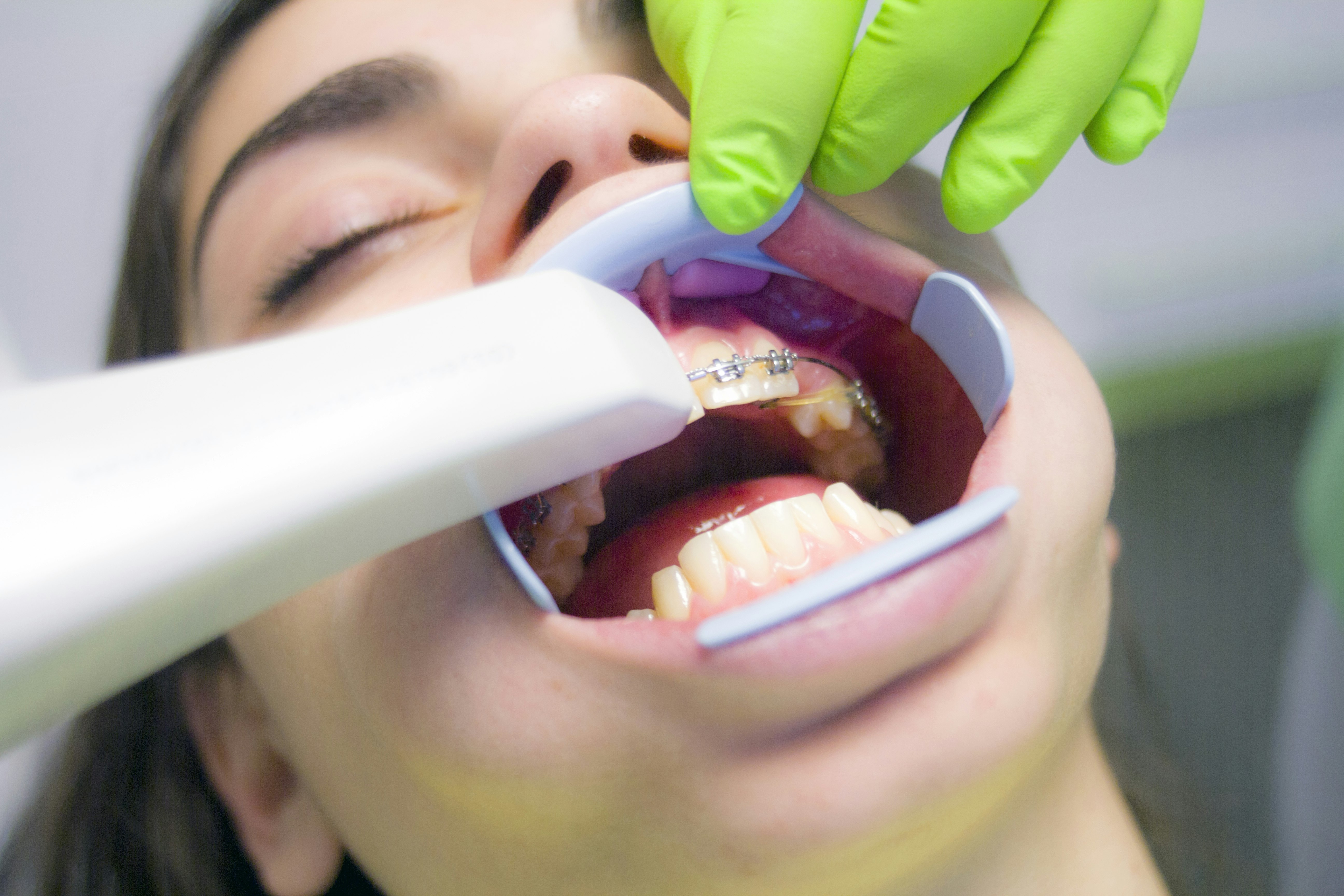Interesting Research on – What You Didn’t Know

Commercial fire sprinkler systems play a crucial role in safeguarding businesses and their assets from the devastating impact of fires. When it comes to selecting the right system for a commercial establishment, several factors must be taken into consideration. In this article, we will delve into five essential points to keep in mind when looking for commercial fire sprinkler systems.
1 Picture Gallery: Interesting Research on – What You Didn’t Know
Type of Sprinkler System:
One of the primary considerations is the type of sprinkler system that best suits the specific needs of the commercial space. There are various types, including wet pipe systems, dry pipe systems, pre-action systems, deluge systems, and more. Each type is designed for different environments and fire risks. Wet pipe systems are the most common, suitable for areas where temperatures remain above freezing. On the other hand, dry pipe systems are ideal for spaces susceptible to freezing temperatures, preventing pipes from bursting.
Local Building Codes and Regulations:
Adherence to local building codes and regulations is non-negotiable when selecting a commercial fire sprinkler system. Codes may vary from one location to another, and it is imperative to comply with these standards to ensure the safety and well-being of occupants. Familiarizing oneself with local regulations and consulting with a professional installer who is well-versed in these codes will help in making an informed decision. Failure to comply may result in legal consequences and could jeopardize insurance coverage.
Risk Assessment and System Design:
A thorough risk assessment of the commercial space is essential to determine the potential fire hazards and the appropriate design of the sprinkler system. Factors such as the type of materials present, occupancy levels, and the layout of the building must be considered. Collaborating with fire protection engineers or specialists during the design phase ensures that the system is tailored to the unique needs of the establishment. A well-designed system maximizes effectiveness while minimizing water damage to the property.
Maintenance and Testing Requirements:
Regular maintenance and testing are critical to the reliability and functionality of commercial fire sprinkler systems. Businesses should consider the long-term commitment required to keep the system in optimal condition. This includes routine inspections, testing valves, checking pipes for corrosion, and ensuring that all components are in working order. Choosing a system with user-friendly features and a reliable maintenance schedule simplifies the ongoing upkeep, providing peace of mind to business owners.
Integration with Other Safety Systems:
In a comprehensive approach to safety, businesses should consider how the fire sprinkler system integrates with other safety systems, such as fire alarms and emergency lighting. Seamless integration ensures a coordinated response in the event of a fire, enhancing the overall effectiveness of the safety measures in place. Compatibility between systems can streamline emergency response procedures and improve the chances of minimizing damage and ensuring the safety of occupants.
Selecting the right commercial fire sprinkler system involves a careful consideration of various factors, from the type of system to compliance with local regulations and ongoing maintenance requirements. By addressing these crucial points, businesses can make informed decisions that enhance the safety and protection of their commercial spaces, assets, and most importantly, the people within them.
Case Study: My Experience With
This post topic: Auto & Motor


